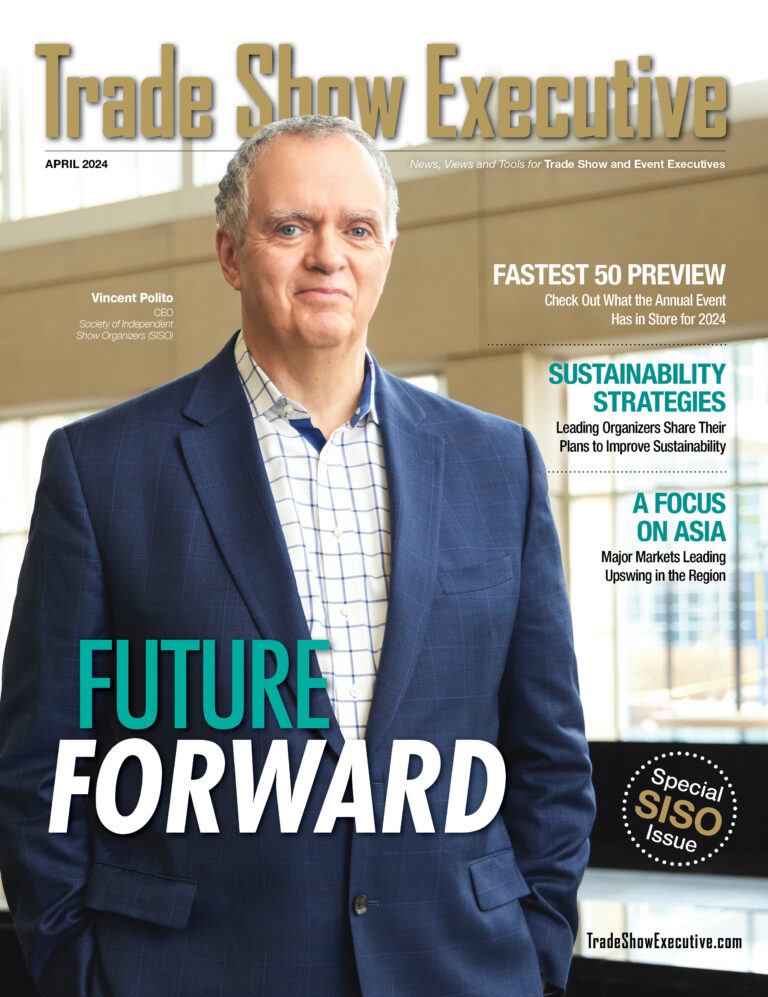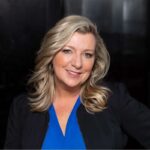Washington, DC – Postal reform may not seem to have a lot in common with meetings, conventions or trade shows, but a proposed U.S. Senate amendment to the 21st Century Postal Reform Act (S.1789) could restrict spending for federal employee travel and attendance at conferences, limiting attendance to just one meeting per year.
Senate Amendment 2060, passed last April as the Issa/Coburn Amendment, would impose additional restrictions that would hamstring the exhibitions and events community in the government sector. The Senate Amendment was not included in the House version of the Postal Reform Act, according to an analysis by ASAE: The Center for Association Leadership in Washington, DC.
The International Association of Exhibitions and Events (IAEE) noted that since April, the association community has worked diligently to educate members of Congress about the potential negative impact S.A. 2060 would have on meetings and events.
Member Action Requested
In response to Senate Amendment 2060, IAEE, ASAE and other industry associations are urging members to contact their Congressional representatives about the harm that could result from its ill-conceived provisions. Because financial woes at the U.S. Postal Service have created some urgency for immediate reform this year, there is concern that the amendment could remain in the postal reform bill without further review.
Onerous Provisions
In a notice to members, IAEE advised the most onerous language in the amendment has the potential to negatively impact meetings and conferences attended by government employees by allowing federal agencies to attend only one association meeting per year.
Other potentially harmful provisions noted by IAEE and ASAE are:
· The definition of “conference” could include any gathering to which government employees are invited;
· Restrictions on conferences that “involve costs associated with travel and lodging for some participants” could be interpreted to include even cab fares reimbursed from an agency expense account.
· The requirement to not “expend funds on more than a single conference sponsored and organized by an organization during any fiscal year, unless that agency is the primary sponsor and organizer of the conference” ostensibly could keep federal employees away from meetings concerning government projects or public interest forums.
· The financial disclosure requirements could be interpreted to mean organizers would be required to report the entire cost of a conference even if federal employees attended only a portion of the event.
· The financial disclosure section also requires that any materials presented at conferences attended by government employees (including the text of speeches, video or visual exhibits) be made publicly available.
Even government scientists studying climate change at scientific meetings could be prevented from attending such meetings and conventions, according to a statement from the American Geophysical Union. “It threatens to damage essential communication among scientists,” the organization said in a release.
Government-related conferences and exhibitions listed in Trade Show Executive’s Zoom calendar this year include conferences on video technology, intergovernmental technology, security, finance, fleet operations, office products, accounting and purchasing. Cities that would have been affected by the loss of this business include Washington, DC, San Francisco, Dallas, Orlando, San Antonio and Harrisburg, PA.
Benefits of Travel for Business
According to the US Travel Association, $124 billion in local, state and federal tax revenue was generated by travel spending in 2011. In addition, for every $1 invested in business travel, businesses benefited from an average of $12.50 in returned revenue and $3.80 of increased profits.
In its analysis, ASAE asked that Congress either reject adding this amendment in the final bill or make amendments that would allow federal employees to attend non-governmental conferences. IAEE asked that members include personal stories of specific meetings or conventions that would be affected by SA 2060 and how that would harm the public good.
Contact John Graham, President and CEO, ASAE at (202) 626-2741 or jgraham@asaecenter.org; David Dubois, president, IAEE at (972) 458-8002 or ddubois@iaee.com











